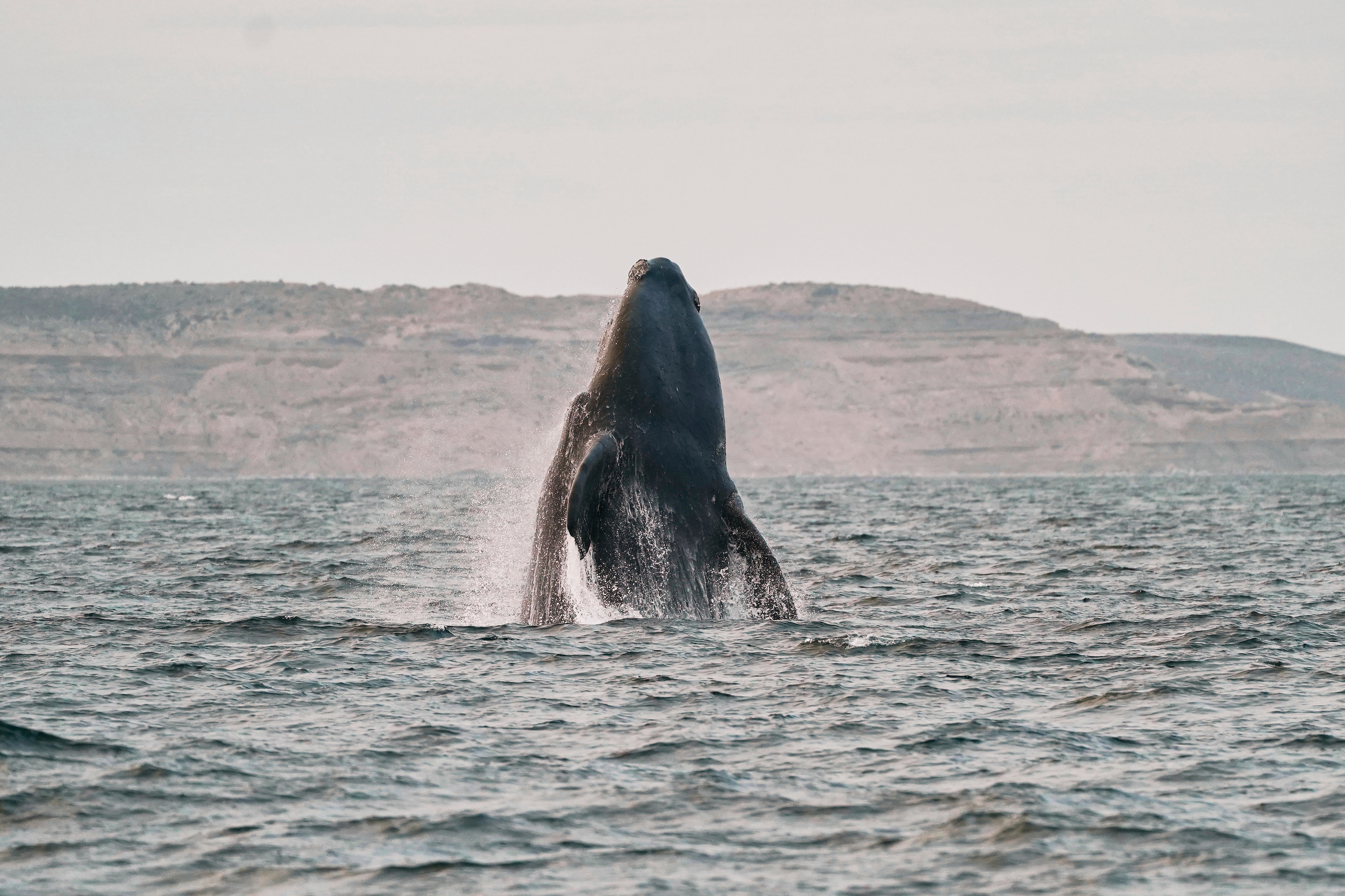Human activity continues to push the planet Earth beyond its operational limits. Its natural resilience is weakening, and ecosystems are showing clear signs of degradation. The annual report from the Planetary Boundaries Science Lab at the Potsdam Institute for Climate Impact Research (PIK), a kind of planetary health check, reveals a new and concerning development: the planetary boundary for ocean acidification has been exceeded for the first time, meaning that we have now surpassed seven of the nine thresholds that science had marked as operational limits, pushing humanity even further beyond the safe habitable zone.
The exceeded boundaries include climate change, biosphere loss, land-use change, freshwater consumption, biogeochemical cycle disruption, chemical pollution, and now ocean acidification. Currently, only the atmospheric aerosol concentration and stratospheric ozone layer destruction remain in the safe zone, thanks to political measures taken over the years, such as the Montreal Protocol and maritime transport regulations.
Ocean acidification is one of the major environmental challenges of the century. Oceans absorb around 25-30% of the carbon dioxide (CO2) we emit into the atmosphere. When CO2 dissolves in water, it forms carbonic acid, which lowers the pH of seawater and makes it more acidic. Since the beginning of the industrial era, the surface ocean pH has dropped by 0.1 units, representing a 30-40% increase in acidity.
"We are facing a planetary emergency. Exceeding the ocean acidification limit is a clear scientific warning and a moral call to action. Without healthy oceans, peace, prosperity, and stability will be at risk everywhere. We must act now, with courage and collaboration, to safeguard this vital system for future generations," says former Colombian President Juan Manuel Santos, co-chair of Planetary Guardians, an independent group of professionals advocating for using the nine planetary boundaries as a framework for global measurement.
Cold-water corals, tropical reefs, and Arctic marine life are particularly at risk as acidification spreads and intensifies. Many affected organisms are the basis of fish and other species' food sources. If they decline, food chains suffer, affecting the fishing industry on which millions of people depend. Acidification also reduces the oceans' ability to "buffer" the climate. A more acidic ocean loses some of its capacity to absorb CO2, exacerbating climate change.
"The ocean is the life support system of our planet. Without healthy seas, there is no healthy planet. For billions of years, the ocean has been the Earth's great stabilizer: generating oxygen, shaping the climate, and sustaining life diversity. Today, acidification is a flashing red light on Earth's stability control panel. Ignore it, and we risk the collapse of the foundation of our living world. Protect the ocean, and we protect ourselves," says renowned oceanographer Sylvia Earle.
Acidification has been primarily driven by fossil fuel burning and exacerbated by deforestation and land-use change. Findings point to accelerated deterioration and an increased risk of reaching points of no return.
"More than three-quarters of Earth's support systems are no longer in the safe zone. Humanity is pushing beyond the boundaries of a safe operating space, increasing the risk of destabilizing the planet," says Johan Rockström, director of the Potsdam Institute for Climate Impact Research (PIK), who introduced the theory of the nine planetary boundaries in 2009.
According to Rockström, "we are witnessing a widespread decline in our planet's health," but he also warns that the outcome is not inevitable. "The decline in aerosol pollution and the recovery of the ozone layer demonstrate that it is possible to change the course of global development. Even if the diagnosis is severe, the window for recovery remains open. Failure is a choice that must and can be avoided."
Similarly, Paul Polman, former president of the multinational Unilever and a member of Planetary Guardians, believes that coordinated action works: "Just as we did with the ozone layer, we must apply the same determination to protect the ocean."
Geographer, environmental activist from Chad, and Planetary Guardians member Hindou Oumarou Ibrahim states, "Indigenous peoples have protected forests, water, and biodiversity by living within nature's limits, guided by knowledge passed down by our ancestors. Today, the science of planetary boundaries confirms what indigenous peoples have always known: when we exceed these limits, we jeopardize all life. To heal our planet, we must unite science and traditional knowledge, respecting the wisdom of those who live closest to the land and waters."
